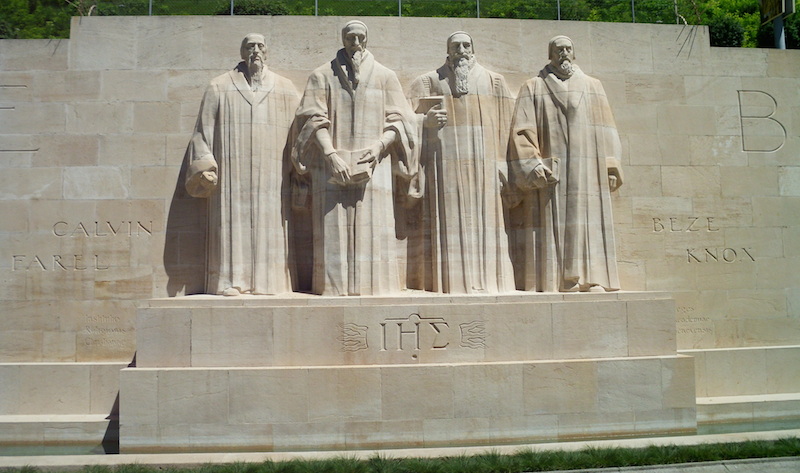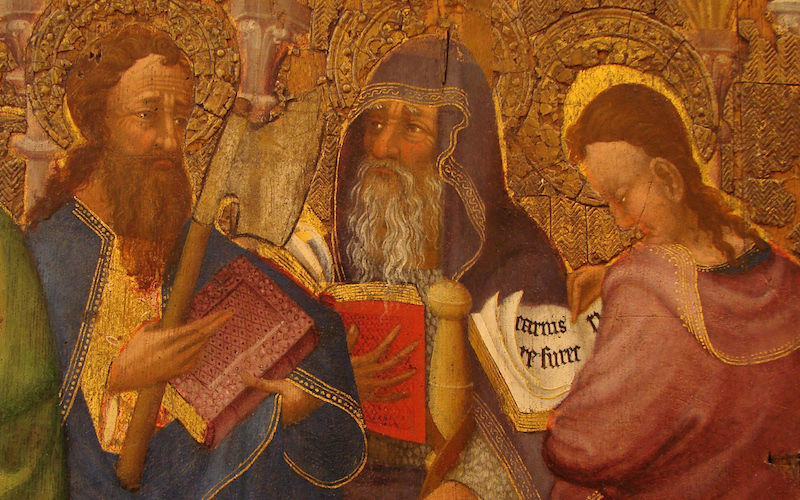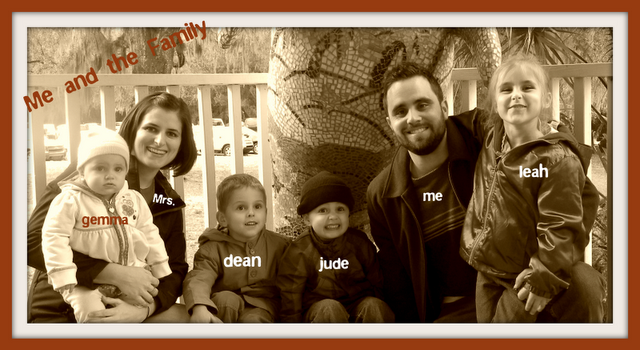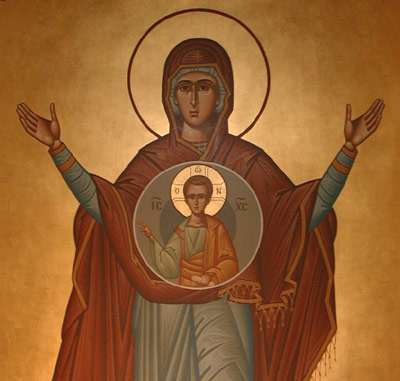Protestants Reformers on Contraception
When Catholics argue against contraception from Scripture, they typically cite Genesis 38:9, where a man named Onan chooses to consummate his marriage, but purposefully prevents conception when he “spilled the semen on the ground”.
Since contraception is virtually universally accepted within Protestantism, most Protestants strongly criticize the Catholic analysis and use of this passage. However, in so doing, they must also reject the exegesis of some of the founding members of Protestantism…
Martin Luther: “Onan must have been a malicious and incorrigible scoundrel. This is a most disgraceful sin. It is far more atrocious than incest or adultery. We call it unchastity, yes, a Sodomitic sin. For Onan goes into her; that is, he lies with her and copulates, and when it comes to the point of insemination, spills the semen, lest the woman conceive. Surely at such a time the order of nature established by God in procreation should be followed.”
– Luther’s Works 7, 20-21
John Wesley: “Onan, though he consented to marry the widow, yet to the great abuse of his own body, of the wife he had married and the memory of his brother that was gone, refused to raise up seed unto the brother. Those sins that dishonour the body are very displeasing to God, and the evidence of vile affections. Observe, the thing which he did displeased the Lord – And it is to be feared, thousands, especially single persons, by this very thing, still displease the Lord, and destroy their own souls.”
– Wesley, Notes on the First Book of Moses, comment on 38:7
John Calvin: “I will content myself with briefly mentioning this, as far as the sense of shame allows to discuss it. It is a horrible thing to pour out seed besides the intercourse of man and woman. Deliberately avoiding the intercourse, so that the seed drops on the ground, is doubly horrible. For this means that one quenches the hope of his family, and kills the son, which could be expected, before he is born.
The wickedness is now as severely as is possible condemned by the Spirit, through Moses, that Onan, as it were, through a violent and untimely birth, tore away the see of his brother out the womb, and as cruel and shamefully was thrown on the earth. Moreover he thus has, as much as was in his power, tried to destroy a part of the human race. When a woman in some way drives away the seed out the womb, through aids, then this is rightly seen as an unforgivable crime*. Onan was guilty of a similar crime, by defiling the earth was his seed, so that Tamar would not receive a future inheritor.”
– Calvin, Commentary on Genesis


* Don’t worry John, there’s always the Sacrament of Confession 🙂







